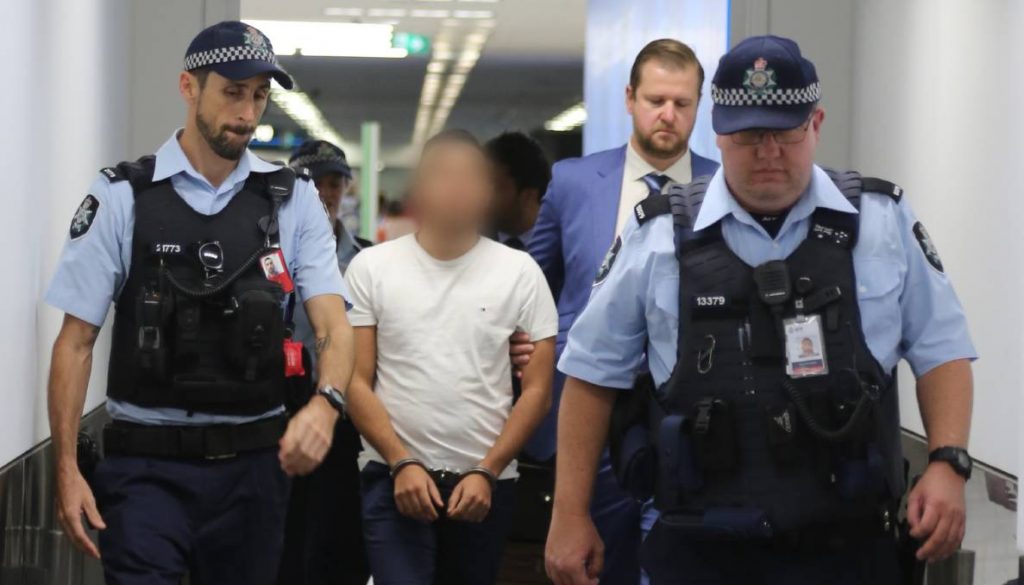Arrest is a concept most of us experience more on the big screen than anywhere else, and it’s easy to fall for common misconceptions about what’s involved. But if you are ever arrested, it’s important to understand what to expect and the rights you have under the law.
The law in New South Wales on the who, what, when, where, how and why of arrests is covered by the Law Enforcement (Powers and Responsibilities) Act.
When the police can arrest you
Police in NSW have the power to arrest you without a warrant if they have reasonable grounds to believe you are committing or have committed a criminal offence. They must also believe the arrest is necessary for at least one of the following reasons:
- To stop an offence being committed
- To prevent you from fleeing
- To establish your identity
- To ensure you appear in court
- To obtain or preserve evidence
- To prevent harassment of those who may provide evidence
- To protect you or someone else’s safety and welfare
- Because of the seriousness of the offence
What the police must do when arresting you
The police have several obligations to you if they choose to place you under arrest. They must:
- Tell you that you are being arrested
- Tell you why, unless it is otherwise obvious
- Make it clear to you that you are not free to leave
How force can be used against you
Police officers have the power to use force to arrest you, but the degree of force they are allowed to use is open to interpretation and varies based on the crime. The law states the force used must be considered “reasonably necessary to make the arrest or to prevent the escape of the person after arrest”. While it’s important to cooperate with the police even if you are innocent, it is possible to pursue action against an officer if they have used excessive force.
An overview of your rights
When you are arrested in New South Wales, you will be taken to a police station and informed of your rights. These include your right to:
- Remain silent. Police may caution you that you do not have to say or do anything, but anything you say or do may be used in evidence. (except your name and address)
- Contact a lawyer
- Contact a relative or friend
- Have an interpreter present
- Receive medical attention
- Refuse an intimate DNA procedure (e.g. blood sample)
- Refuse participation in a line-up
- Refuse your fingerprints and photograph being taken (only if you haven’t been charged)
Know the law and protect your rights. Contact Powerhouse Law now for legal assistance from our team of experienced criminal lawyers in Sydney.


